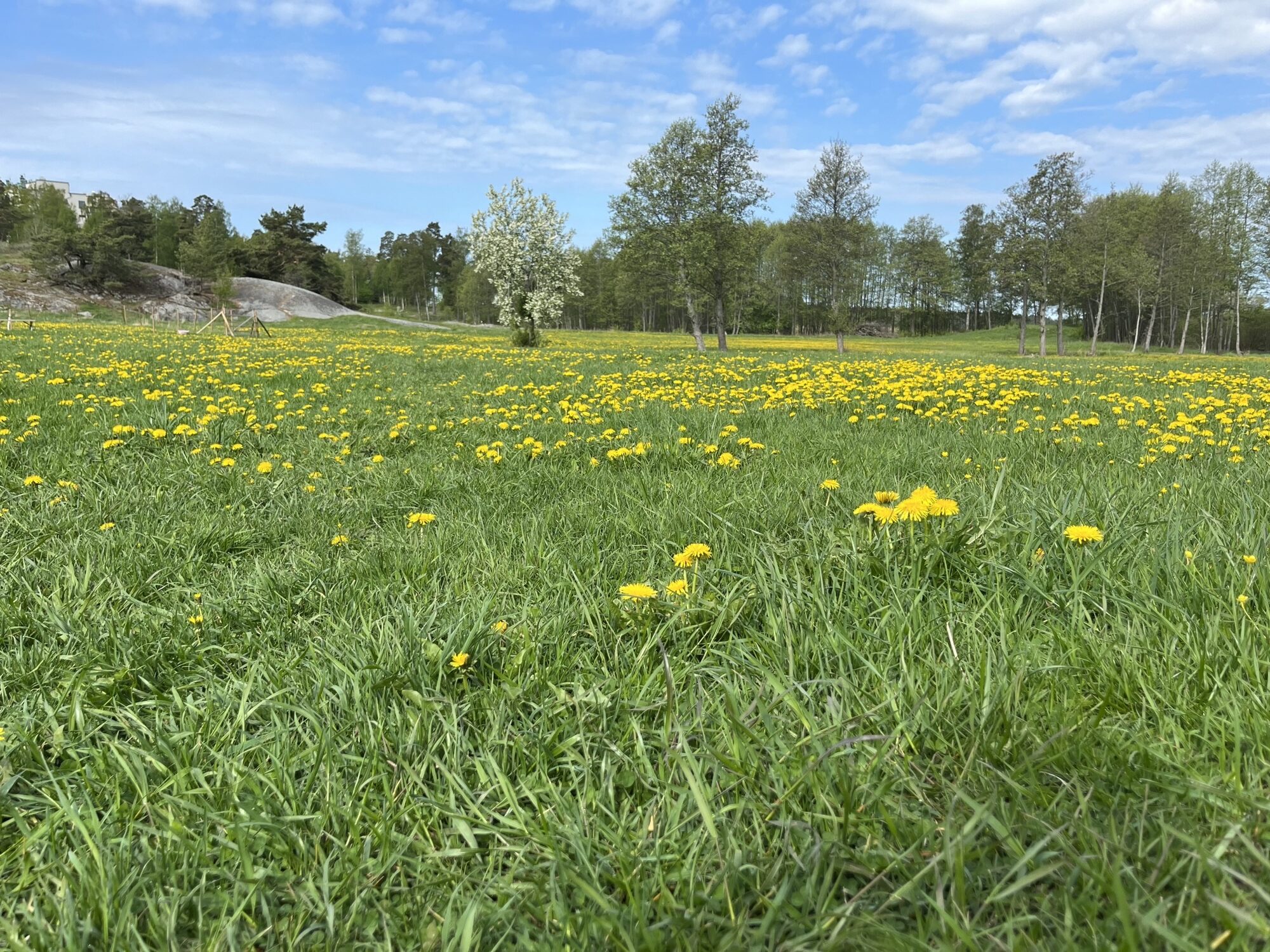Safe and Just Earth System Boundaries
A brand new study by “the Earth Commission” (an international network of scientists) have attempted to assess and quantify safety and justice for humanity on earth. The research builds on the planetary boundaries framework. By adding the “safe” and “just” perspective, the research shows how the room of manoeuvre is shrinking witin the original boundaries. Of the five analysed domains (climate, biodiversity, freshwater, nutrient cycles and aerosol pollutants), several boundaries are already transgressed. Read the article here.
“If businesses and governments commit now to enormous and just transformations in order to operate within the safe and just boundaries, then our children will have a future worth living for.” –Rockström & Gupta in Weforum.org
Just Green Transition: are companies leading the way?
On a similar topic to the article mentioned above: During the last few months I have been involved in a project looking at how companies together with other actors can contribute to a Just Green Transition on developing markets (the project was initiated by Sida together with two Swedish Embassies and in collaboration with Business Sweden). Very interesting. Though the future sometimes appears grim, I see lots of opportunities when it comes to how the business community is transforming (though I often find the pace to be too slow). My own sense is that companies who have done their materiality analysis, are more likely to act in order to reduce risks and increase their positive impact on people and planet. And, mind you, these are successful companies.
Let me share two preliminary (personal) reflections:
- There seems to be a growing understanding of the need to combine “Green” and “Just”; a transition that is excluding, or leaves people behind (to use the terminology of the 2030 Agenda) will probably not be embraced, if even accepted. For serious companies working in for example mining, this seem to be well understood and accepted.
- Another reflection is that some developing countries oppose the concept of Just Green Transition, suggesting that for example “green industrialisation” better reflects their needs, as they never really had a chance to industrialize – in a way that needs to be transformed – in the first place.
The Corporate Sustainability Due Diligence Directive (CSDDD) approved by the European Parliament!
The CSDDD, that we have talked about in previous Newsletters, is now one step closer to implementation and integration into national legislation, as the European Parliament now has approved it. The directive requires companies to identify actual or potential adverse human rights and environmental impacts (Article 6); prevent or mitigate potential impacts (Article 7); bring to an end or minimise actual impacts (Article 8); establish and maintain a complaints procedure (Article 9); monitor the effectiveness of the due diligence policy and measures (Article 10) and publicly communicate on due diligence (Article 11). The “controversial” article 25 on Directors Duty of Care, is still in the text approved by the parliament.
The legislation – which many consider to be ground breaking – will now be reconciled with the Council and the Commission after which member states will adopt it into national legislation. Similar legislation is already in place in several countries, including France, Germany, the Netherlands and Norway. A useful summary on CSDDD from the EU Parliament can be found here.
A roadmap towards a more Sustainable Economy (in Sweden)
The Swedish National Coordinator for Agenda 2030 (Nationella Agenda 2030 Samordnaren) recently launched a roadmap for the transformation to a more sustainable economy (in Swedish). The roadmap has been developed together with a reference group of experts, companies and other actors. The recommendations are directed towards both political decision makers and, to a lesser extent, the society at large. There are 14 recommendations, including a proposed review of the fiscal framework, a reformed tax system, adding new ways of measuring development besides GDP, and introducing and expanding pricing on CO2. The purpose of the roadmap is to contribute with suggestions and ideas on how to make the economy an engine of change in the transition towards sustainable development.
I believe the roadmap deserves to be read and discussed!

